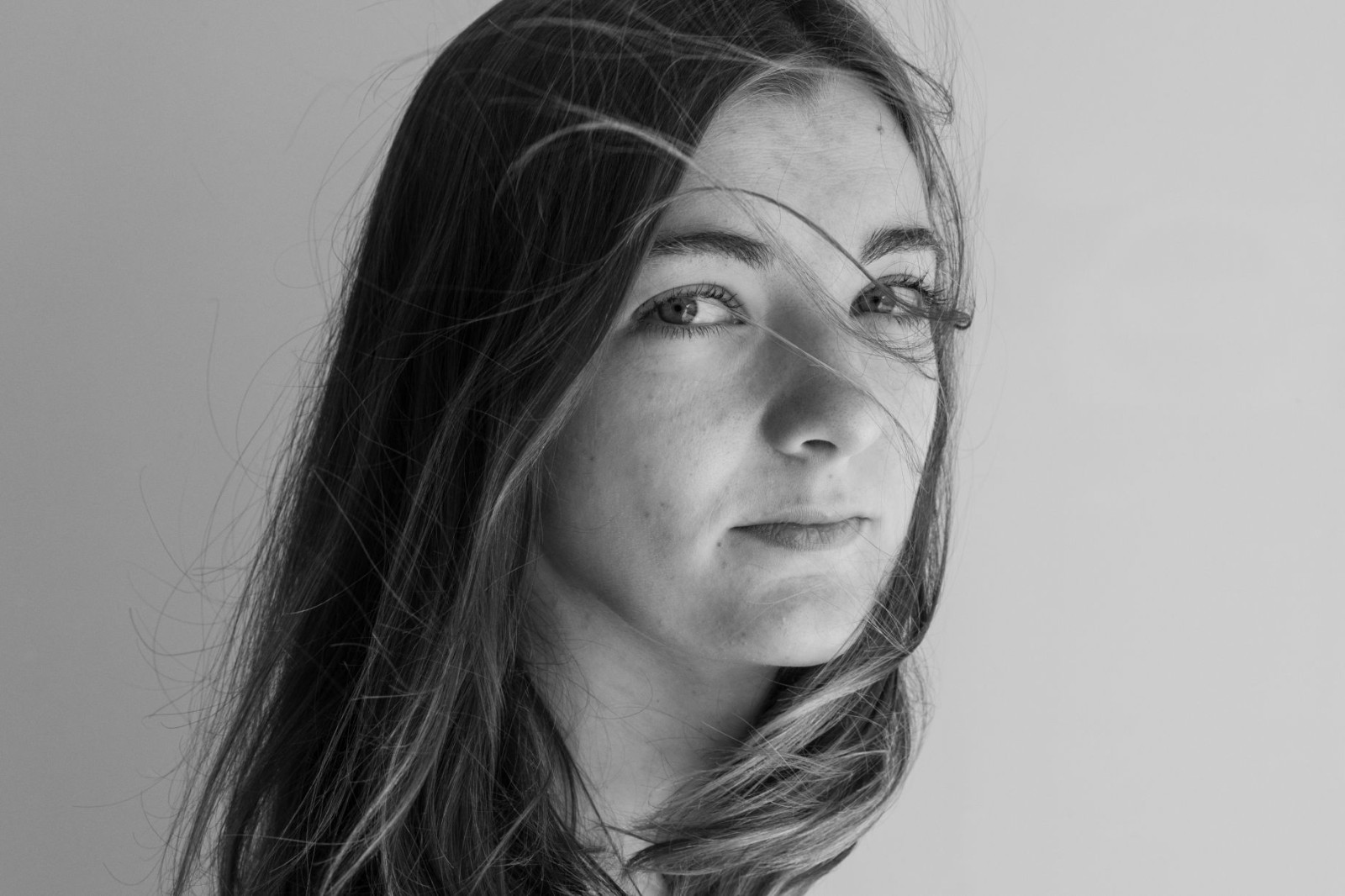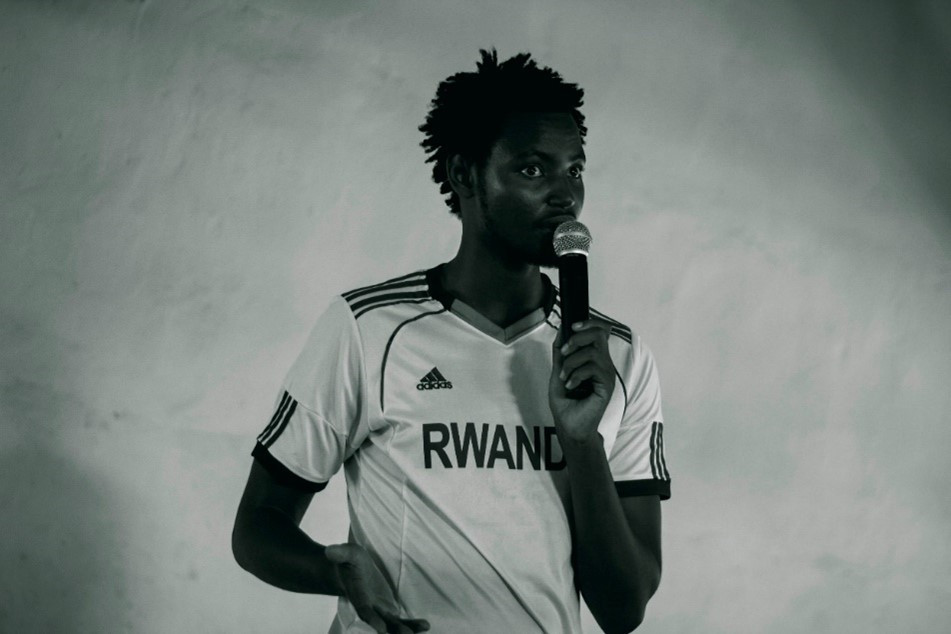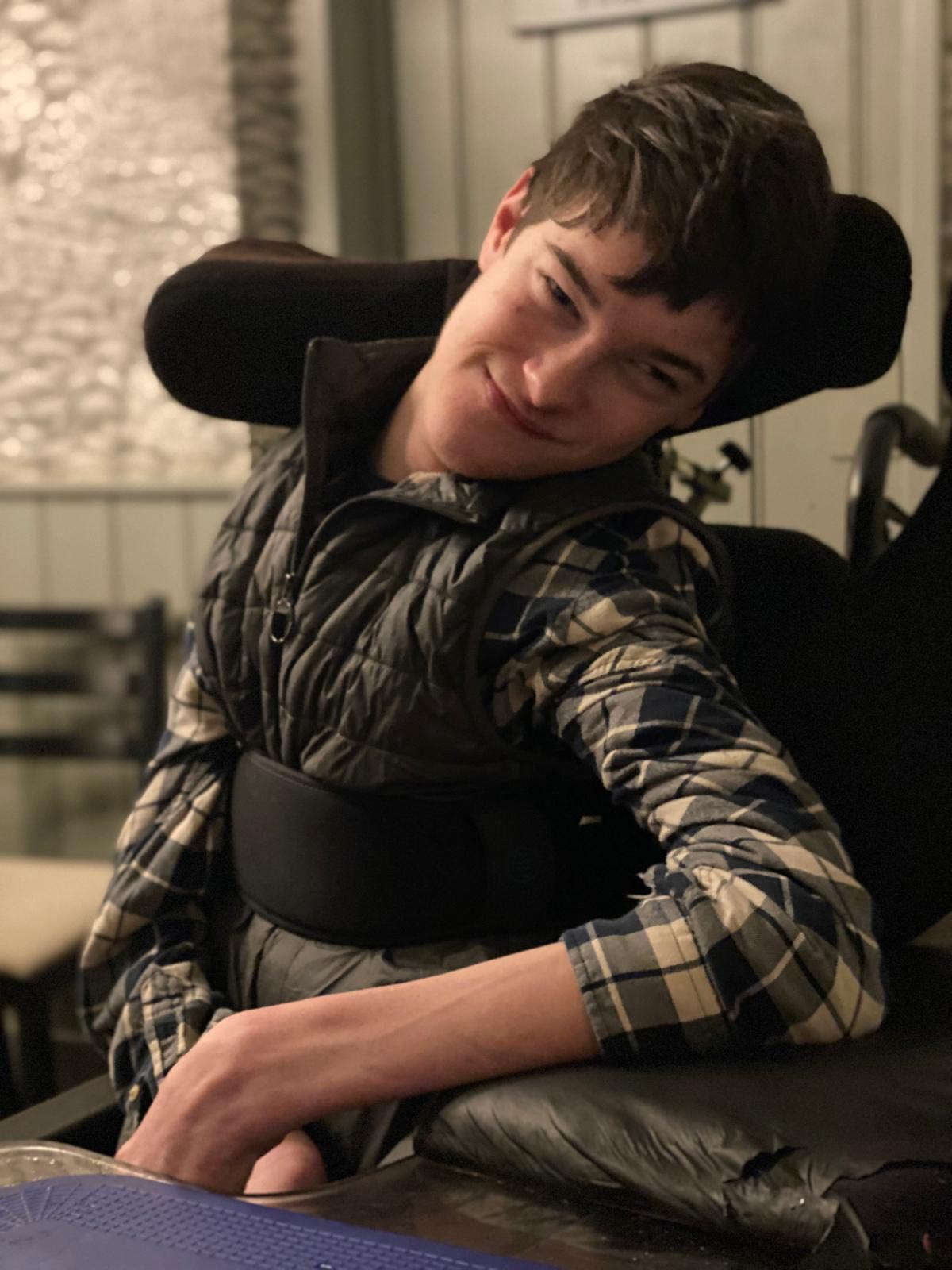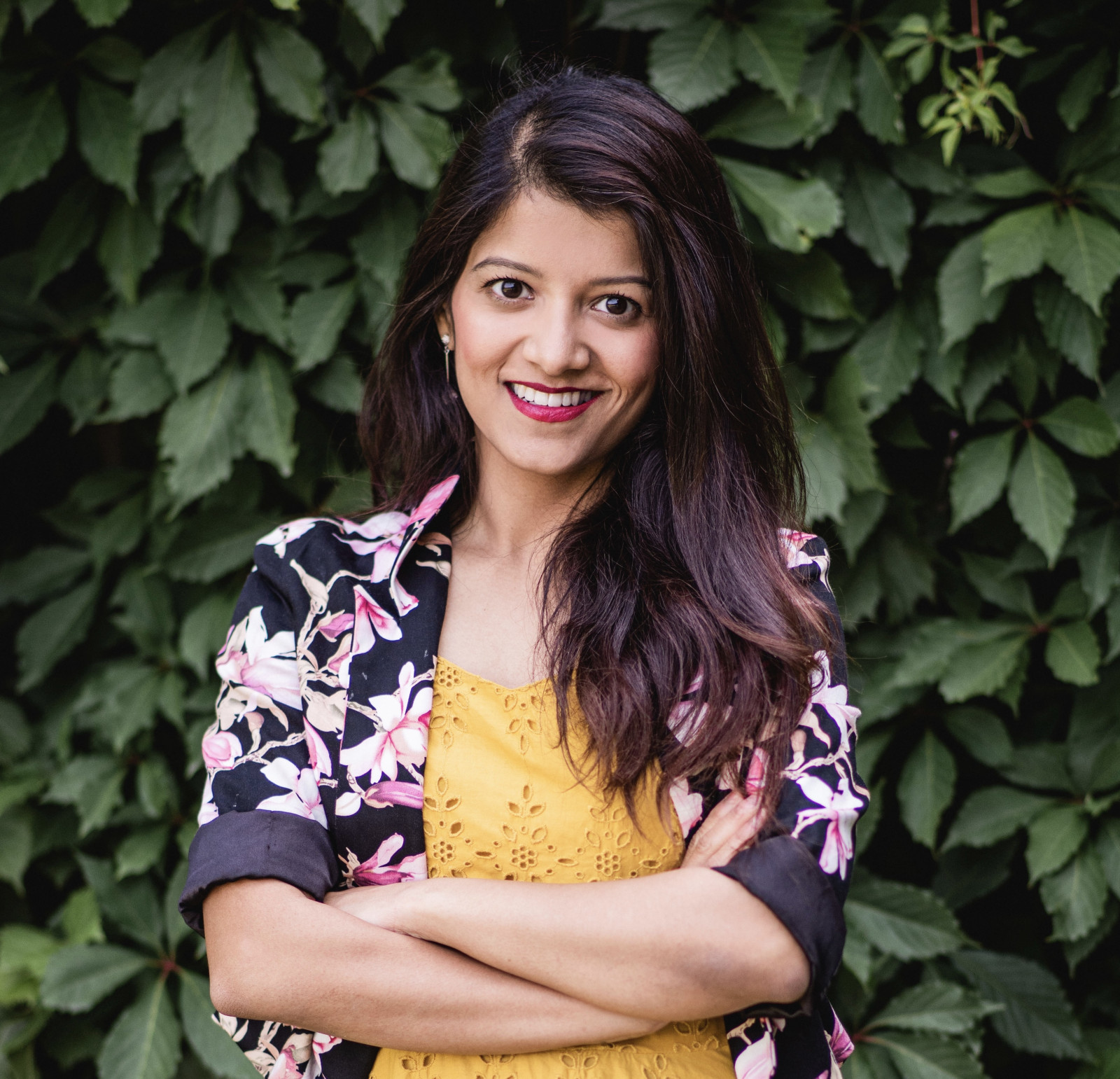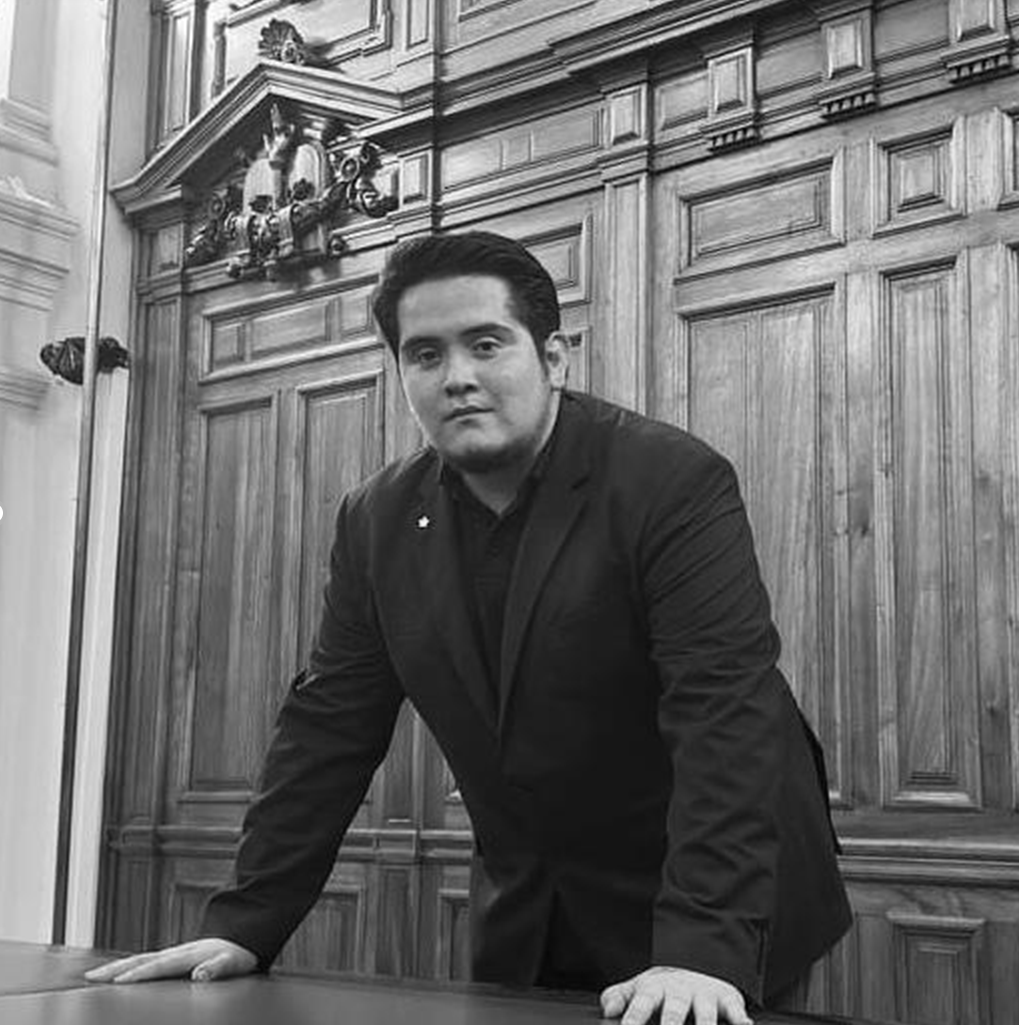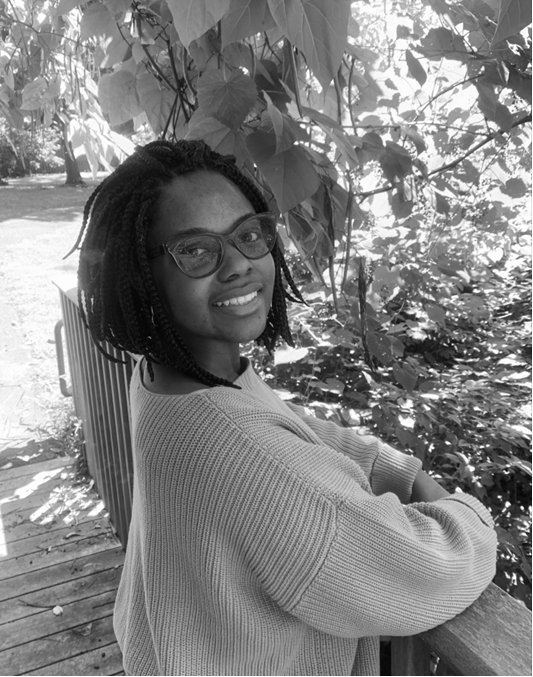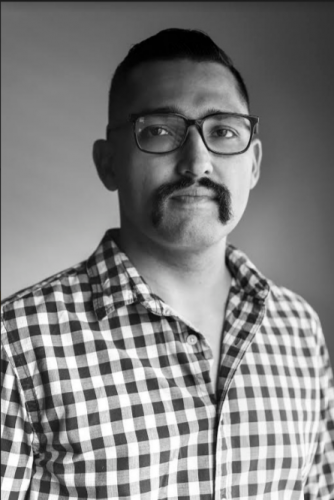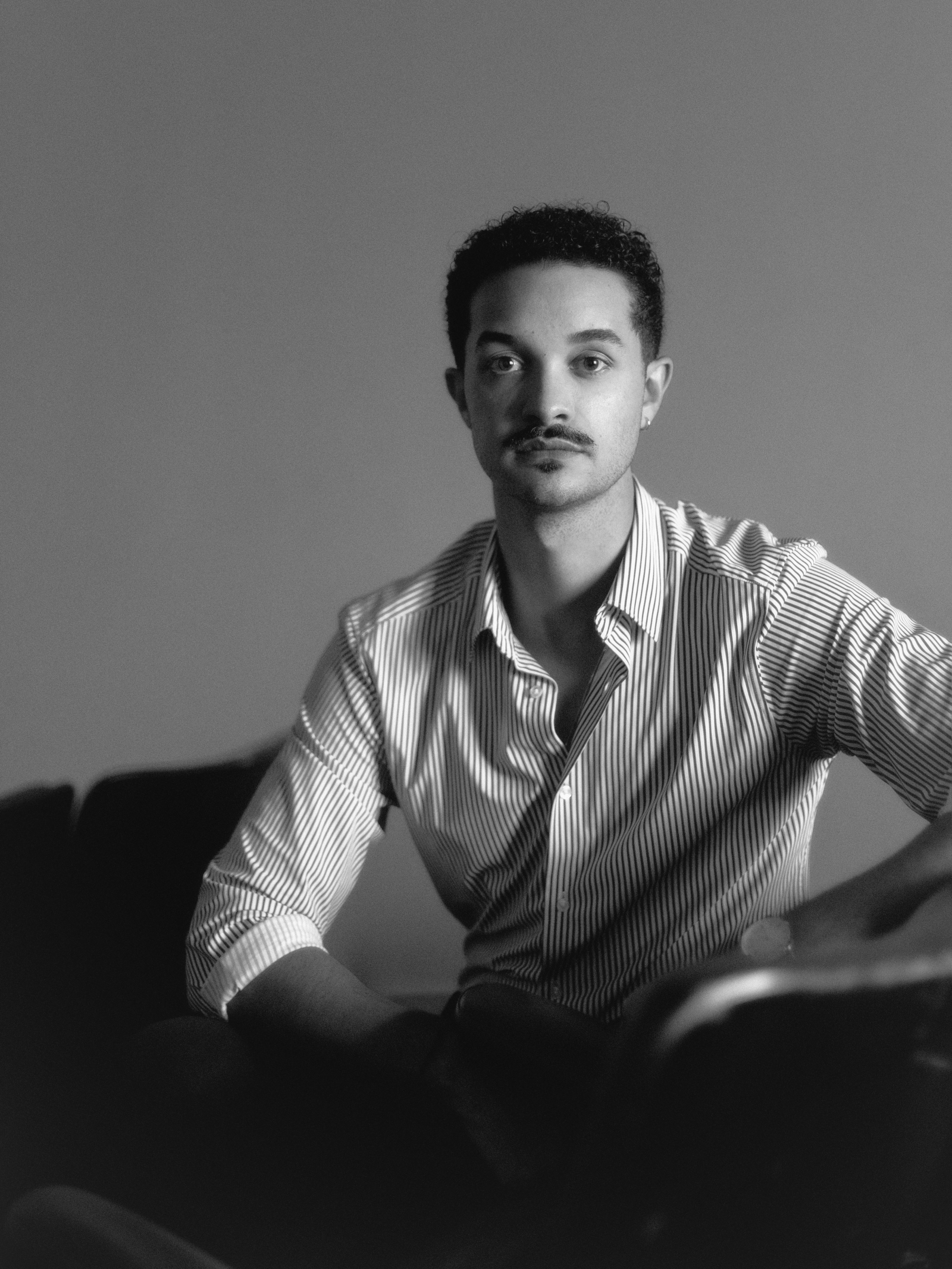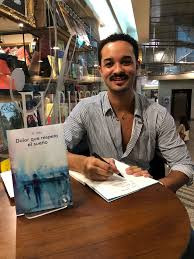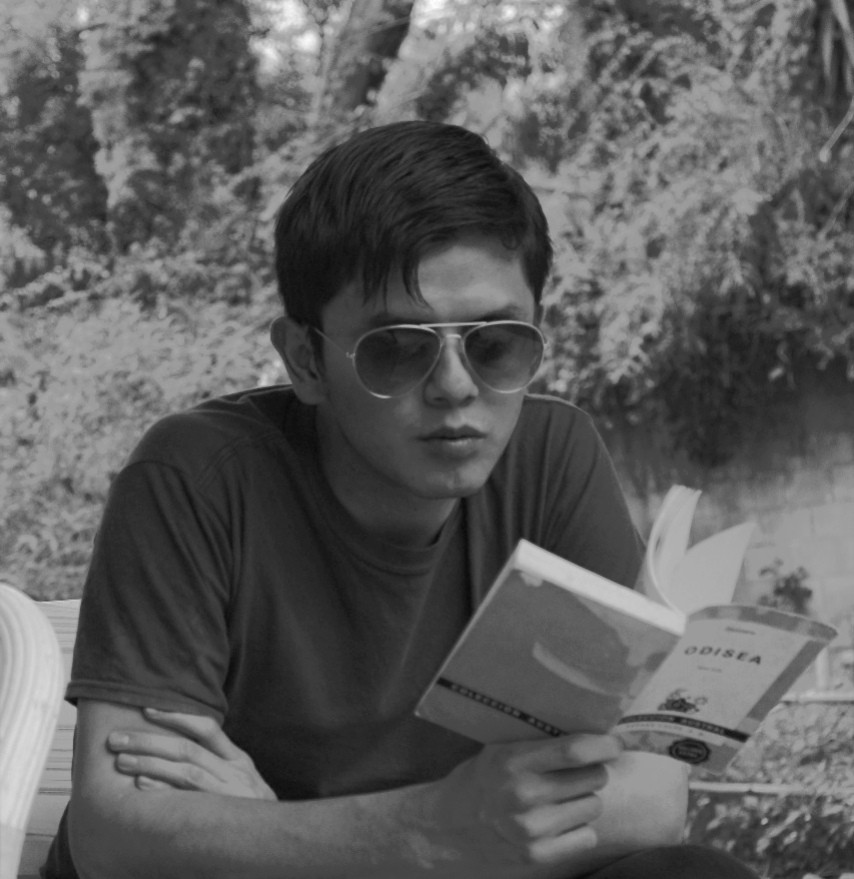Traditions of My Homeland
Every second of November
as the azacuanes take flight
my mother would lay flowers
somewhere in El Salvador
she said this is
how you honor
those who have no grave.
*
Every year
she left her flowers
in a different place
*
To her, the whole country
was one vast memorial.
Junín
*Originally published on Lavoz De Los Barrios
The first time I read in front of 100 people
I ran 4 blocks from the Junín station
with J de Juli
with J de Juan Solá
who was also reading that night
and I was opening for them
like those new bands
who take advantage of the moment
their moment, far from Buenos Aires
much further from El Salvador
from that bar in the city of Antiguo
where I read for the first time, in front of 8 people,
that afternoon, my friends preferred to go play soccer
my mother was the one who applauded the most
I fell in love with someone
an unrequited love
one of those loves where only poems remain
written in the silence of rejection
in the intimacy of papers
like that erotic poem I read one night
where I could barely read the letters
conditioned by the effects of a vodka
that we called vodka out of pure trust in the label
that night when someone applauded
he asked for the poem with enthusiasm
and I thought did he really like it?
It was one of those loves that were not slow this time,
although I also learned slowness in detachment
because love never knows how to end on time, it is always too soon,
it is always too late,
like my arrival at the cycle in Junín, where I made the typical joke about my accent
to break the ice, a joke to make a difference,
to steal with a difference, to enhance that silence
in which one believes the story
that poetry saves, that poetry illuminates,
the only poetry that illuminates is that which burns,
said that rapper, who sang about anarchy
and now asks for more cops on the block, because watch out!
Be careful not to be so radical and end up going around
like the ones the bus takes to Junín,
the humid pampas,
in that city that has more prisons than it deserves,
to which a few months later I went with her,
the one who spoke of emotions,
the one who taught me to speak of emotions
and left the whole neighborhood
with the nostalgia of a fishing village
when one night, she went out the door,
she left her key hanging on the wall,
in those days I learned that it wasn't poetry,
nor heartbreak, nor absent friends,
nor cheap vodka
Neither long distances nor anarchist rap
because hell is not other people,
hell is carried within oneself,
one is saved by genuine applause from the friends who remain,
in the 15 minutes of contemplation that one steals from the day
when waking up each morning,
betting that life will continue to be worthwhile.
About the Author
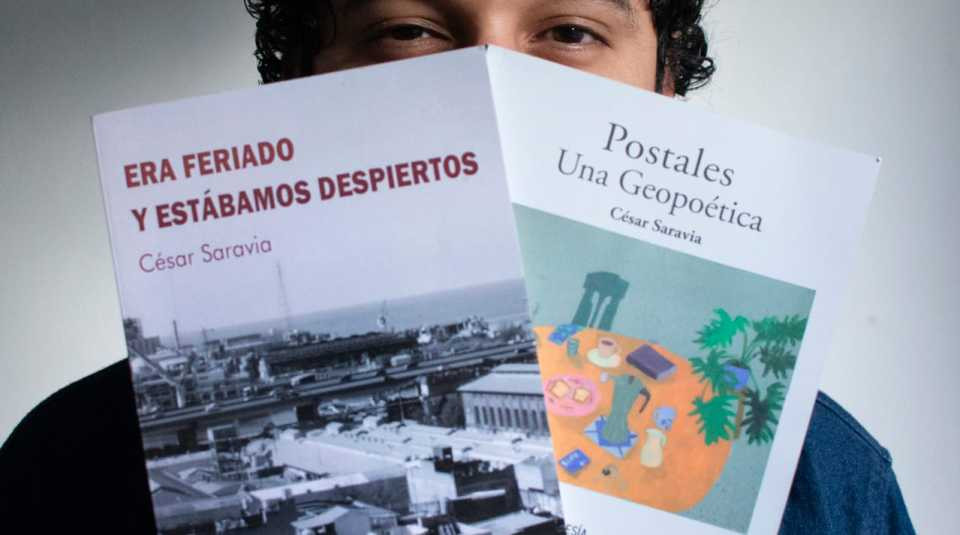
César Saravia (El Salvador, 1989) is a poet and journalist whose work moves between memory, territory, and the intimate landscapes of language. He has made Argentina his home since 2015.
His first book, Era Feriado y Estábamos Despiertos (Editorial Colibrí, 2018), explored the quiet rituals of everyday life. In 2024, he published Postales. Una Geopoética awarded the 17th National Poetry Prize “Adolfo Bioy Casares,” organized by the City of Las Flores.
Saravia is a member of PEN Argentina, part of the editorial collective Marcha Noticias, and the creator of Modo Verso, a space for poetry and conversation.

